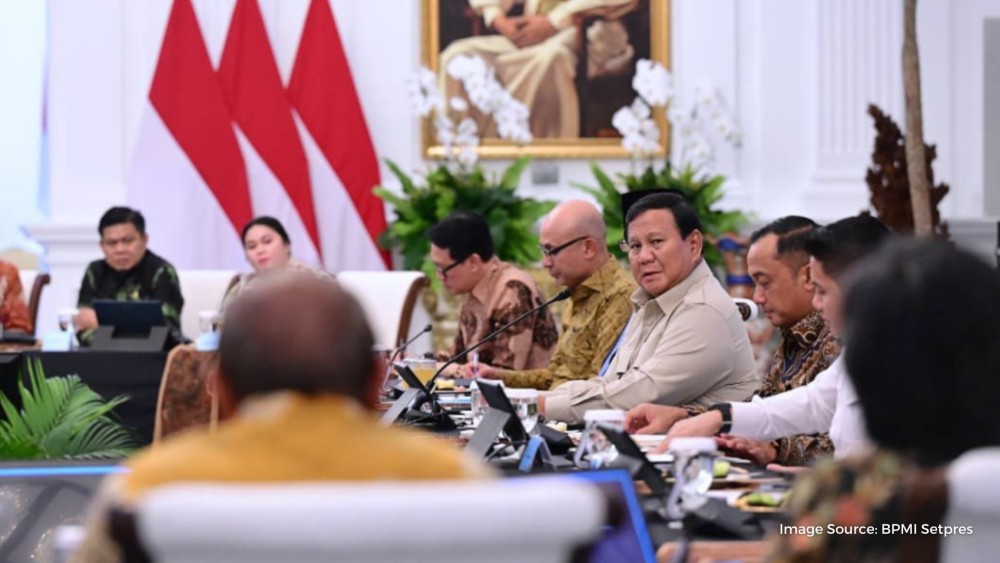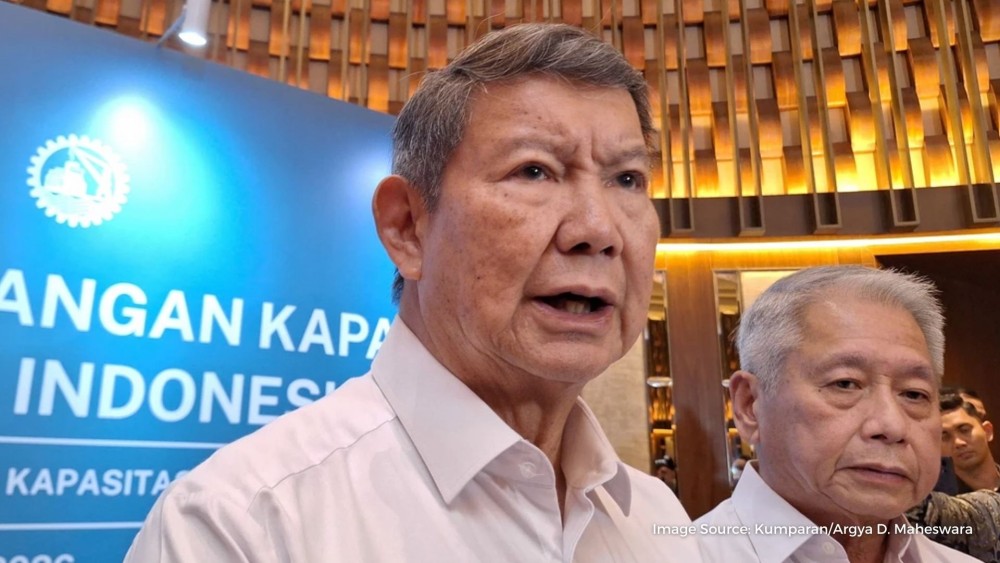Indonesia Plans Sovereign AI Fund to Boost Technology Development
13 Aug 2025

Indonesia is preparing to establish a “sovereign AI fund” to support its ambition of becoming a regional hub for artificial intelligence, according to a government strategy paper. The proposal is part of the country’s first national AI roadmap, designed to attract foreign investment and strengthen its position in the global AI and semiconductor industries.
The 179-page white paper, seen by Reuters, recommends that the fund be managed primarily by Danantara Indonesia, the nation’s newly established sovereign wealth fund, which controls over $900 billion in assets. The plan outlines a target timeline between 2027 and 2029 for the creation of the fund, with financing to be sourced through a public-private partnership model. While no specific investment figure is mentioned, the roadmap emphasizes the need for sustained financial backing to drive AI adoption.
In addition to the proposed fund, the strategy suggests expanding fiscal incentives for domestic AI investors, although detailed measures have not yet been provided. The document, which remains in draft form and is open for public consultation, maps Indonesia’s computational readiness and outlines policy recommendations for AI development through 2030.
“Indonesia right now is in the early stages of AI adoption,” the document states. Contributions to the report came from major industry stakeholders, including Chinese technology giant Huawei and Indonesia’s largest tech company, GoTo.
The AI roadmap follows moves by neighboring Malaysia, which has secured billions of dollars in investments from global technology firms seeking to build infrastructure for cloud computing and AI services. Indonesia’s government appears to be positioning itself to attract similar large-scale investments in the years ahead.
A report published in April 2024 by Boston Consulting Group estimated that ASEAN countries could see GDP increases from AI adoption ranging between 2.3% and 3.1% by 2027, with Indonesia expected to record the highest absolute GDP growth among member states.
However, the strategy paper also highlights challenges that could slow AI development, including a shortage of skilled professionals, limited research funding, uneven internet connectivity outside major cities, and risks linked to misinformation and data breaches.
Global technology leaders such as Nvidia and Microsoft have already shown interest in Indonesia’s AI initiatives. Their potential involvement, alongside domestic players, is expected to shape the country’s AI ecosystem as it develops.
The Ministry of Communications and Digital Affairs has confirmed that the strategy is still undergoing public review and will be refined based on feedback before its final release. Once implemented, the roadmap will serve as the guiding framework for Indonesia’s AI-related policies and initiatives for the remainder of the decade.








